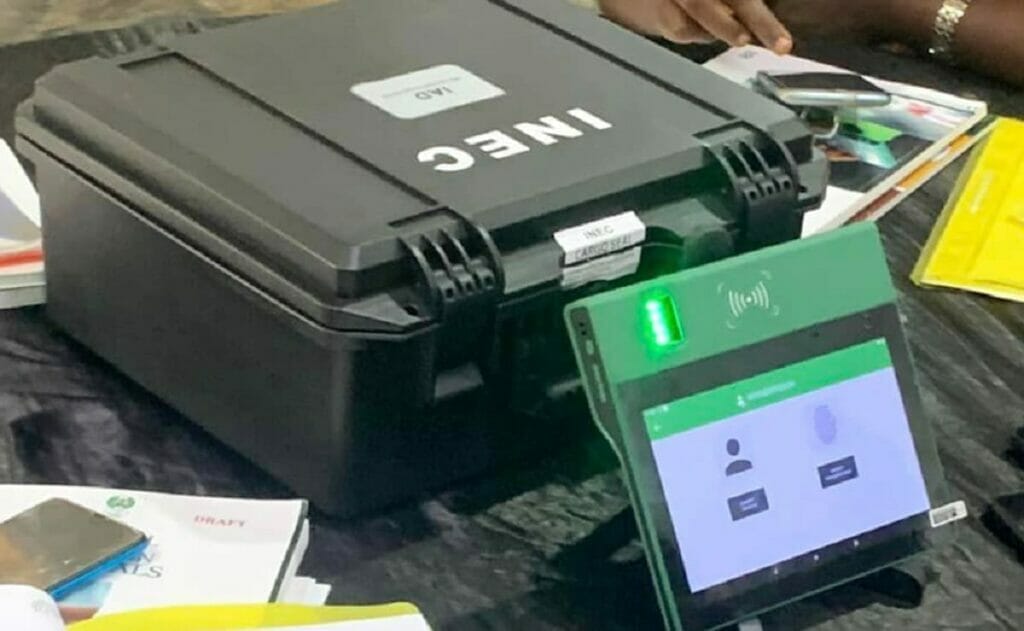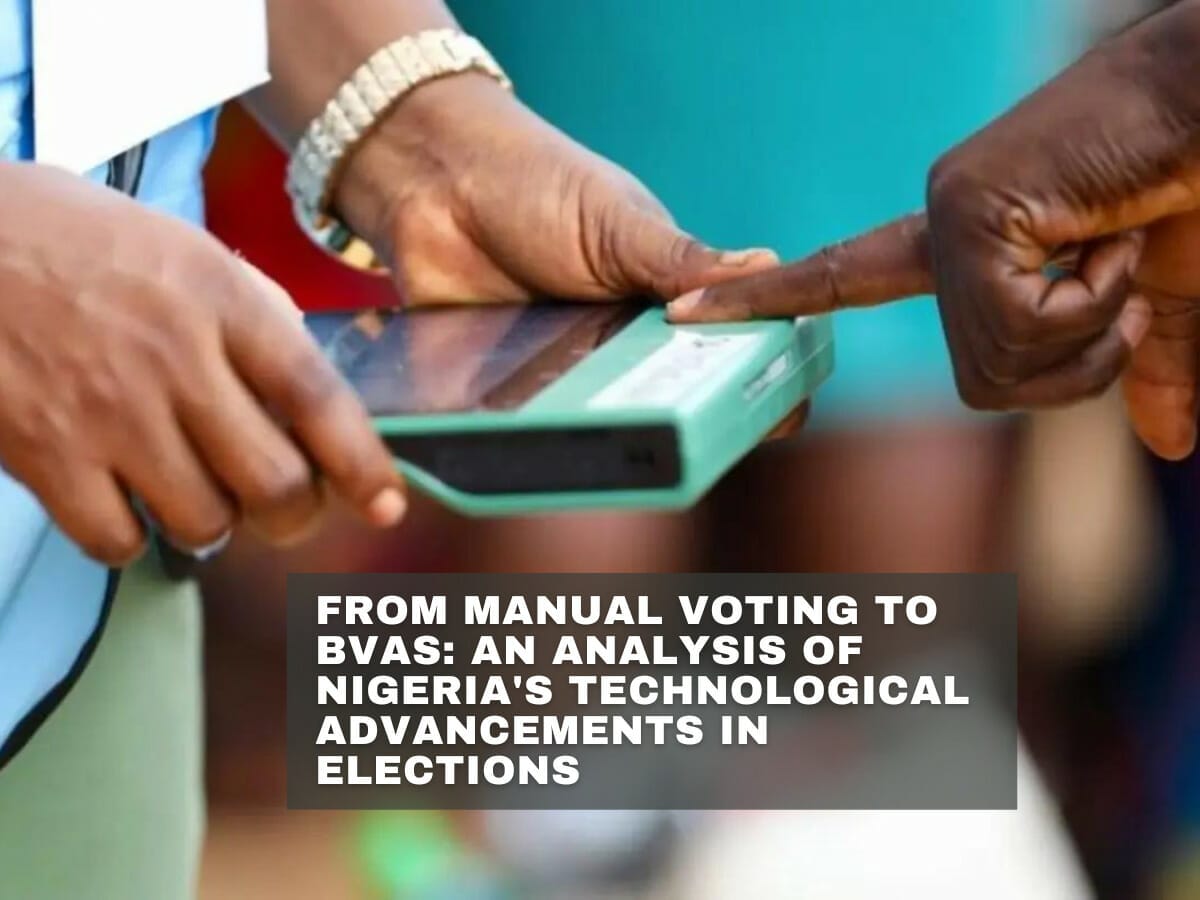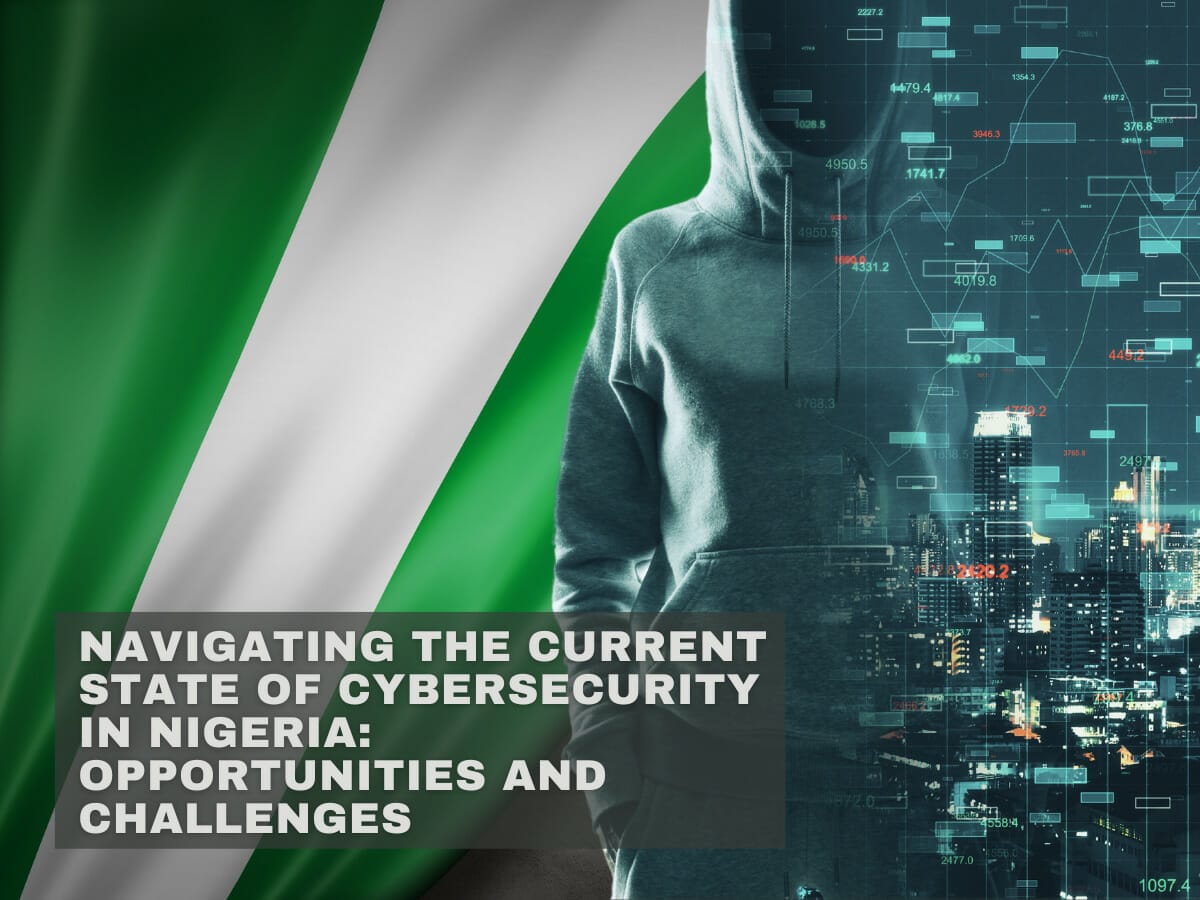The Nigerian electoral system has come a long way since the country’s independence in 1960. Nigeria has struggled to conduct free, fair, and credible elections for decades. The Independent National Electoral Commission (INEC) is responsible for organizing and supervising all elections to various political offices in the country. Since its inception, INEC has faced numerous difficulties, such as widespread vote rigging, ballot box snatching, and electoral violence. These issues have often led to a lack of trust in the electoral process and the outcome of elections.
In recent years, however, there has been a significant shift in the Nigerian electoral system as the country seeks to adopt new technologies to improve the electoral process. The introduction of various technological tools, such as the biometric voters’ registration system, electronic card readers, and, more recently, the Bimodal Voter Accreditation System (BVAS), has been instrumental in enhancing the credibility and transparency of elections in Nigeria.
This article will discuss the technological evolution of the Nigerian electoral system, focusing on the technologies deployed by INEC, the challenges faced in implementing BVAS, the advantages of BVAS over manual voting, and the role of social media in Nigerian elections. We will also explore the risks associated with using technology in Nigerian elections and the future of technology in the nation’s electoral process.
Technological Evolution of the Nigerian Electoral System
The technological evolution of the Nigerian electoral system can be traced back to the introduction of biometric voter registration in 2011. The biometric registration process involved capturing eligible voters’ fingerprints and facial images to create comprehensive and reliable voter registration. This was a significant milestone, as it helped to curb multiple registrations and other forms of electoral malpractice.
In 2015, the electoral commission introduced Permanent Voter Cards (PVCs) and electronic card readers to enhance the credibility of the electoral process further. The PVCs contained the biometric information of registered voters, while the card readers were used to verify the authenticity of the PVCs and the voter’s identity at the polling unit. This innovation helped to reduce incidents of electoral fraud, such as impersonation and multiple voting.
Technologies Deployed by INEC – BVAS, IREV, Card Reader, and PVC
Over the years, INEC has deployed several technologies to improve the electoral process. Some of the notable technologies include:
- BVAS – The Biometric Voter Accreditation System (BVAS) is the latest innovation introduced by INEC. BVAS is an all-in-one device that combines the functions of the card reader and voter authentication based on biometric verification. It aims to improve the efficiency and accuracy of voter accreditation and reduce the time spent at polling units.
- i-REV – The Interactive Results Electronic Viewing (i-REV) platform is a web-based portal that allows individuals and organizations to view real-time election results as they are collated and declared by INEC. This platform enhances transparency and public trust in the electoral process.
- Card Reader – As mentioned earlier, the electronic card reader is used to authenticate the PVCs and voter identity during elections. The card reader verifies the biometric information on the PVC against the voter’s fingerprint to confirm their eligibility to vote.
- PVC – The Permanent Voter Card (PVC) is essential to the Nigerian electoral process. It contains the biometric data of registered voters and serves as proof of eligibility to vote during elections.
Challenges faced by INEC in implementing BVAS
Despite the potential benefits of BVAS in the Nigerian electoral process, INEC has faced some challenges in implementing the system. Some of the notable challenges include:
- Inadequate infrastructure – The lack of reliable power supply, poor network connectivity, and inadequate ICT infrastructure in some parts of the country have hampered the smooth implementation of BVAS.
- Insufficient training of electoral officials – The successful implementation of BVAS requires well-trained electoral officials proficient in using the system. However, there have been reports of inadequate training and capacity building for electoral officials, which may affect the efficiency and effectiveness of BVAS during elections.
- Logistical challenges – The procurement, deployment, and maintenance of BVAS devices across thousands of polling units in the country is a significant logistical challenge for INEC. There is also the issue of timely distribution and retrieval of BVAS devices after elections.
- Public scepticism – Despite the benefits of BVAS, some Nigerians remain sceptical about the reliability and effectiveness of the system. There are concerns that the system may be prone to technical glitches, manipulation, and hacking, which could undermine the credibility of election results.

Advantages of BVAS over manual voting
BVAS offers several advantages over the traditional manual voting system. Some of the key benefits include:
- Enhanced voter authentication – BVAS improves the accuracy of voter authentication by combining biometric verification with the electronic card reader system. This helps to reduce incidents of electoral fraud, such as impersonation and multiple voting.
- Increased efficiency – By automating the voter accreditation process, BVAS significantly reduces the time spent at polling units, leading to a more efficient electoral process.
- Improved transparency – BVAS enhances clarity by ensuring only eligible voters can vote and minimizing the opportunities for electoral malpractices.
- Real-time data capture and analysis – BVAS enables the real-time capture and analysis of voter accreditation data, which can be helpful for planning and decision-making during elections.
- Audit trail – The BVAS system provides an audit trail of voter accreditation, which can help resolve disputes and investigate allegations of electoral fraud.
Advantages of the BVAS System in Nigerian Elections
The BVAS system offers several benefits to the Nigerian electoral process, some of which include the following:
- Enhanced credibility of elections – The BVAS system helps improve Nigerian elections’ credibility by reducing electoral fraud and ensuring that only eligible voters can participate in the voting process.
- Increased public trust – By improving the transparency and accountability of the electoral process, the BVAS system fosters greater public confidence in the outcome of elections.
- Election data management – The BVAS system facilitates efficient election data management, allowing INEC to monitor and report on voter accreditation and other election-related activities effectively.
- Reduced electoral violence – The BVAS system reduces electoral violence and other election-related conflicts by minimising opportunities for electoral malpractices.
- Cost-effectiveness – The BVAS system can potentially reduce the cost of conducting elections by automating critical aspects of the electoral process, such as voter accreditation and result collation.
Social Media’s Role in Nigerian Elections – 2015 and 2023
Social media has played a critical role in shaping the political landscape in Nigeria, particularly during the 2015 and 2023 elections. In 2015, social media platforms like Facebook, Twitter, and WhatsApp were instrumental in promoting political engagement, disseminating election-related information, and mobilizing support for various political parties and candidates.
Some of the notable ways in which social media impacted the 2015 elections in Nigeria include:
- Political campaigns – Social media platforms allow political parties and candidates to reach a wider audience, share their campaign messages, and engage with potential voters.
- Voter education – Social media was used for voter education, raising awareness about the electoral process, and encouraging eligible voters to participate in the elections.
- Citizen journalism – Social media enabled ordinary citizens to report on election-related events in real-time, providing an alternative source of information and promoting transparency in the electoral process.
As Nigeria prepares for the 2023 elections, social media’s role is expected to be even more significant. With more Nigerians accessing the internet and social media platforms, political parties and candidates will likely rely heavily on social media for their campaigns.
Social Media in Nigerian Elections: 2015 vs 2023
While social media played a significant role in the 2015 Nigerian elections, the landscape has changed significantly in the last few years. In 2015, Facebook was Nigeria’s dominant social media platform, with over 15 million active users. However, in recent years, other platforms like Twitter, Instagram, and WhatsApp have gained significant traction. More Nigerians use these platforms to engage with political content and participate in political discourse.
Another significant difference between the 2015 and 2023 elections is the growing concern about the spread of fake news and disinformation on social media. In 2015, the issue of fake news was not as prominent as it is today, and political parties and candidates did not have to contend with the challenge of combating false information on social media.
However, in recent years, the spread of fake news and disinformation on social media has become a significant concern, with reports of political parties and candidates using fake news to manipulate public opinion and influence election outcomes. As a result, INEC and other stakeholders have had to develop strategies to counter the spread of fake news on social media during elections.
Role of Social Media in Nigerian Elections
Despite the challenges associated with social media in Nigerian elections, the platform still offers several benefits to the electoral process. Some of the notable advantages of social media in Nigerian polls include the following:
- Increased political engagement – Social media platforms provide a platform for Nigerians to engage with political content and participate in political discourse. This helps to promote political awareness and encourages citizens to participate in the electoral process.
- Wider reach – Social media enables political parties and candidates to reach a wider audience, including younger Nigerians who may not be reached through traditional campaign methods.
- Cost-effectiveness – Social media is a cost-effective way for political parties and candidates to engage with potential voters and promote their campaigns.
- Real-time feedback – Social media enables political parties and candidates to receive real-time feedback from potential voters, allowing them to adjust their campaigns and strategies as needed.
- Transparency – Social media can promote transparency in the electoral process by providing an alternative source of information and enabling citizens to report on election-related events in real time.
Risks associated with the use of Technology in Nigerian elections – Security Concerns, Hackers, and BVAS Hacking
While technology in Nigerian elections offers several advantages, it also presents risks and challenges. One of the significant risks associated with using technology in Nigerian elections is the potential for security breaches and hacking.
Hackers and malicious actors may attempt to manipulate the electoral process by gaining unauthorized access to BVAS devices or other election-related systems. This could compromise the integrity of the electoral process and undermine public confidence in the outcome of elections.
Another risk associated with using technology in Nigerian elections is the potential for technical glitches and system failures. If the BVAS system or other election-related technologies malfunction during elections, this could lead to delays, confusion, and other issues that could undermine the credibility of the electoral process.
Future of Technology in Nigerian Elections
Despite the challenges associated with using technology in Nigerian elections, it is clear that technology will continue to play a significant role in the country’s electoral process. As technology evolves, INEC and other stakeholders must develop strategies to mitigate the risks associated with technology while harnessing its potential to improve the credibility and transparency of Nigerian elections.
Some of the potential future innovations in the Nigerian electoral process include:
- Blockchain-based voting systems – Blockchain technology has the potential to enhance the security and transparency of the electoral process by enabling secure and verifiable voting systems.
- Mobile voting – Mobile voting platforms could provide a more convenient and accessible way for Nigerians to participate in the electoral process.
- Artificial intelligence (AI) – AI could enhance the accuracy and efficiency of voter registration, verification, and other aspects of the electoral process.
- Big data analytics – Big data analytics could improve election-related planning and decision-making by providing insights into voter behaviour and preferences.
Conclusion
Nigeria’s electoral system has come a long way in the last few years, with the introduction of various technological tools aimed at improving the credibility and transparency of elections. The Biometric Voter Accreditation System (BVAS) is one of the most significant innovations in the Nigerian electoral process, offering several advantages over the traditional manual voting system.
However, the use of technology in Nigerian elections also presents some risks and challenges, such as security concerns and the potential for technical glitches and system failures. As Nigeria prepares for the 2023 elections, it is essential to develop strategies to mitigate these risks while harnessing the potential of technology to improve the credibility and transparency of the electoral process.



